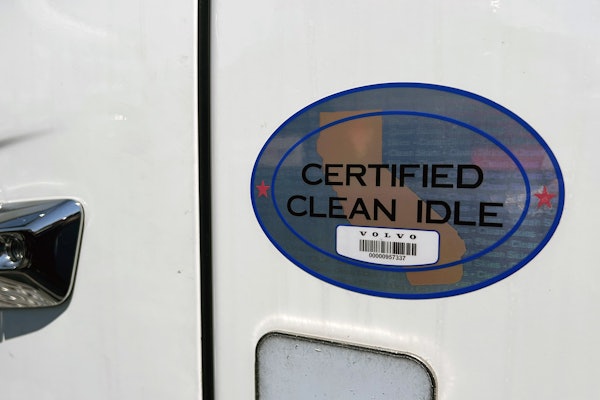Michelin has announced that it is investing $6.8 million in a research and development project focused on further improving vehicle fuel economy by reducing tire rolling resistance. These funds will support the company’s research efforts in South Carolina and include a $1.9 million research contract with Clemson University and its International Center for Automotive Research. The work will begin immediately and is set to be completed over the next three years.
Michelin Americas Research Co. will lead the project and conduct much of the work internally. Additionally, after a competitive bid process with several leading universities, Michelin selected Clemson University to conduct a significant portion of the research. The Clemson contract is valued at $1.9 million and will engage the talents of more than 20 professors, graduate and undergraduate students.
Michelin says the project, including the research at Clemson, will develop new generations of tires, new manufacturing processes, new materials and improved modeling and simulation tools for use in automotive applications. It will fund a suite of technologies that will allow Michelin to put better, more advanced products on the market, the company says.
“We believe that the future — not only of the automotive industry but also of transportation and mobility — lies in the imaginations and hands of these researchers searching for ways to improve fuel economy and overall mobility,” says Jim Micali, chairman and president of Greenville, S.C.-based Michelin North America. “We are excited to see what lies ahead, and we’re proud to further invest in South Carolina.”
In October 2007, Michelin announced aggressive plans to further reduce tire-related energy consumption and associated greenhouse gas emissions. Those plans include reducing by half tire rolling resistance, the force that must be overcome to move the tires on a vehicle forward. The company says this North American project is one step toward achieving that goal.
Tires are a significant part, up to 20 percent, of the energy needed to operate a car; for commercial trucks, the impact may be even higher, up to 30 percent and more. By reducing rolling resistance, Michelin says it can reduce the amount of tire-related energy consumed, improving fuel economy and reducing CO2 emissions.
“With this latest research investment, our brightest minds and most talented engineers are rolling up their sleeves to make a difference in tire performance,” says David Stafford, chief operating officer of Michelin Americas Research Co. “Their work will save consumers money at the pump, help improve air quality and reduce greenhouse gas emissions.”
Michelin, which says it allocates nearly 4 percent of its annual net sales worldwide to research and development, has made the design of green energy-saving tires a key component of its innovation strategy.







